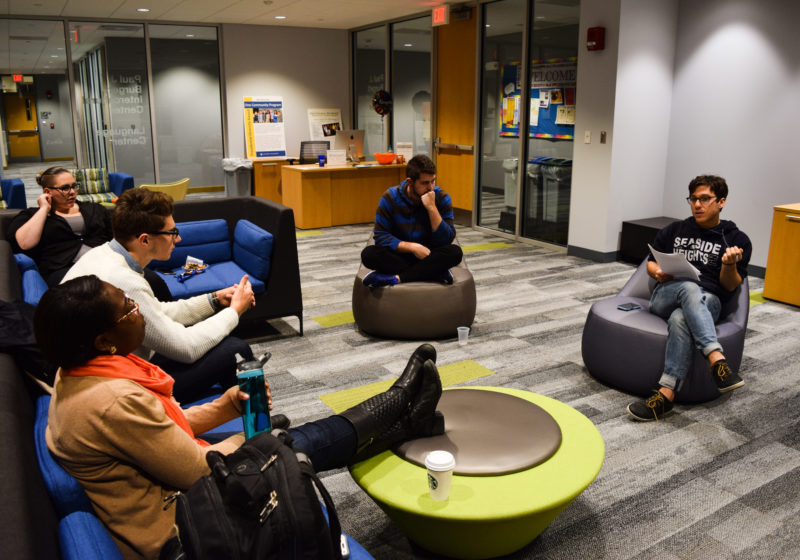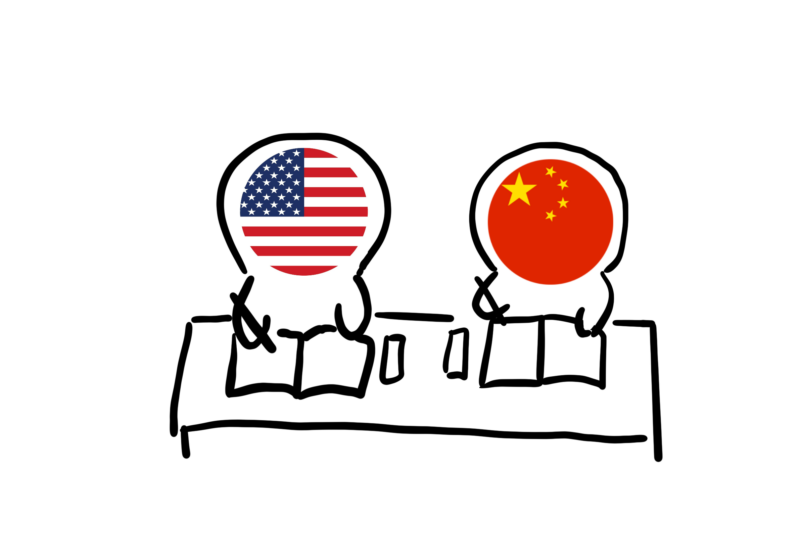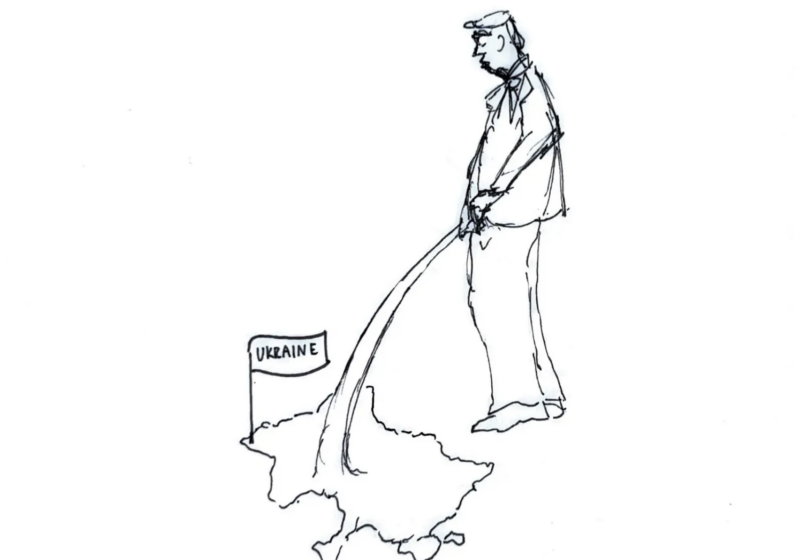Students gathered in the living room of the Paul J. Burgett Intercultural Center, a newly-furnished space on the third floor of the Frederick Douglass Building, on Wednesday afternoon to discuss political correctness, free speech, and identity politics.
The event, a dialogue hosted by the Intercultural Center’s One Community program, was a low-profile and lightly-promoted chat among students. Senior Michael Hellman, who works for the Intercultural Center, facilitated the discussion.
Hellman opened the talk with a question to the participants: could they give an example of a time when someone’s words had made them uncomfortable? Could they give an example of a time when their words had made someone else uncomfortable?
Students chimed in with their examples, and the discussion quickly segued into a conversation about Facebook arguments.
Is it reasonable, one student asked, to “unfriend” people on Facebook who express opinions you disagree with? Or, as a number of people at the dialogue argued, is it better to stay in contact with those people, and to try to bring them around to your way of thinking?
Most everyone agreed that it was better to engage with people of the opposite political viewpoint than to try to break off contact with them—although a few pointed out the tendency for Facebook arguments and other internet debates to quickly turn nasty.
“I’m too old to keep spending time trying to educate people,” Jay Strobeck, one of the graduate assistants for the center, said, saying they sometimes disconnect with people who post pro-Donald Trump material.
The next question on Hellman’s list was about the meaning of identity politics. He defined this as the tendency for people to cluster based on their religious or social identities, rather than according to more traditional party lines.
In the conversation that followed, students discussed the strengths and weaknesses of identity politics.
“Groupthink is dangerous,” Elizana-Marie Joseph said.
“Can we only be one thing?” Joseph asked later. The discussion turned to the danger of putting people into boxes—a box of LGBT individuals, perhaps, or a basket of Trump supporters.
The discussion wrapped up with a point about how to address people with racist or sexist attitudes.
Rather than starting by saying “you’re wrong,” Hellman suggested starting with a question: “Why do you feel that way?”
It might lead to more productive conversations, he said.
The employees of the Intercultural Center—who include two undergraduates, two graduate students, and Director Jessica Guzman-Rea—are relishing the new office space, Hellman said. Previously, he added, the Center occupied a tiny office on the fifth floor of Wilson Commons, where it was difficult even to fit everyone inside. So, moving into the new space in the Douglass, which features a study lounge and larger offices, was a relief.
One Community Dialogues are hosted in the living room of the Intercultural Center on a monthly basis, and are advertised on Facebook.






